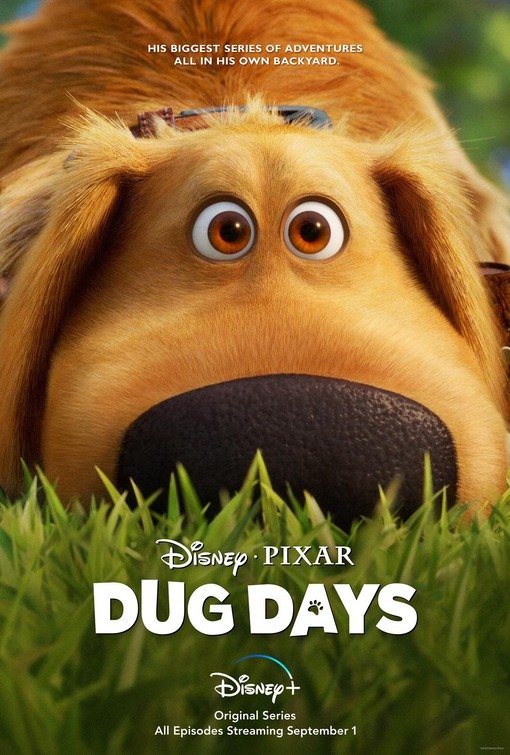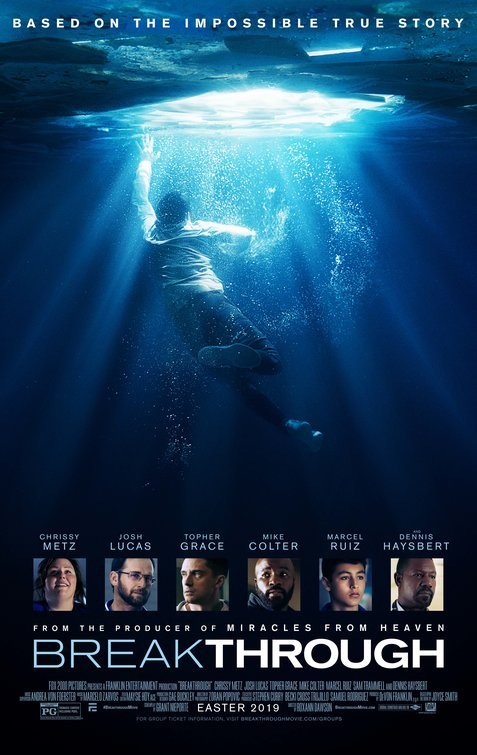"Missed Opportunity"

| None | Light | Moderate | Heavy | |
|---|---|---|---|---|
| Language | ||||
| Violence | ||||
| Sex | ||||
| Nudity |
What You Need To Know:
It is hard to give MR. DEATH a positive review since it never really confronts Leuchter in a meaningful way. Leuchter took samples of buildings at Auschwitz and found no traces of cyanide gas, but the movie reveals how Leuchter’s method was seriously flawed. Leuchter also never read the archives at the death camp, which reveals the truth about its part in the Holocaust tragedy, where six million Jewish people were murdered by Hitler’s National Socialists. Regrettably, the filmmakers never confront Leuchter with these facts. That problem, and a preoccupation with gruesome discussions about executions, are more annoying than truly enlightening. Finally, some bright flashes of light at the beginning of the movie will hurt the eyes of many viewers
Content:
(B, Pa, L, VV, M) Slightly moral worldview that undercuts itself by pagan use of documentary footage; 4 mild obscenities & no profanities; old newsreel of elephant being eloctrocuted & references to capital punishment, botched executions & the Holocaust; no sex; no nudity; and, neo-Nazis refuted.
More Detail:
In MR. DEATH, documentary filmmaker Errol Morris looks at a macabre subject, the banal life of a man who makes and fixes equipment designed to put criminals to death. The movie takes an unexpected turn in the middle and becomes an unsuccessful diatribe about the neo-Nazi Holocaust denial movement.
The title character in this documentary is Fred A. Leuchter, the mousy son of a prison worker who suddenly found himself in demand as a maker and fixer of execution equipment. The first half of the movie shows Fred describing that job and what it entails. He justifies his work by making himself sound like a humanitarian who wants to avoid botched executions which he labels death by torture.
One day, a neo-Nazi on trial in Canada for disputing the Holocaust asks Fred, who has an alleged expertise in cyanide gas executions, to travel to Auschwitz and see if he can find evidence of any cyanide residue or other information proving whether or not hundreds of thousands of Jews were gassed at the death camp. Of course, Fred comes back with no trace of cyanide, but the chemist he hires says that the residue would only survive on the surface, if at all. Fred, however, secretly chiseled whole hunks out of the walls, thereby significantly diluting any trace that the chemist might have found.
Perplexingly, the movie never really confronts Fred with these and other facts, so Fred sticks by his guns. He says he now doubts that the Holocaust ever took place. At this point, Morris shows how Fred became the darling of the neo-Nazis and the scourge of Holocaust survivors. Ultimately, Fred loses all the contracts he was hoping to get from prisons across the country and becomes destitute. Even so, Fred stands by the “truth” he believes he has uncovered, and the movie mocks him in a self-satisfied manner.
It is hard to give MR. DEATH a positive review since it never really confronts Leuchter in a meaningful way. If the real goal of Mr. Morris is telling the truth about the Holocaust, why doesn’t he make an effort to get Leuchter to confront the evidence brought up by the people in the movie who refute Leuchter? Instead, Morris seems content with filming bizarre images and recording lots of monologues from Leuchter.
Art for art’s sake may be fine for some fiction films, but it’s deadly business for a documentary exploring questions of truth and morality. MR. DEATH also includes gruesome discussions about executions which will turn off many viewers who like their documentaries to be more enlightening than annoying. Finally, some bright flashes of light at the beginning of the movie will hurt the eyes of many viewers.



 - Content:
- Content: 



